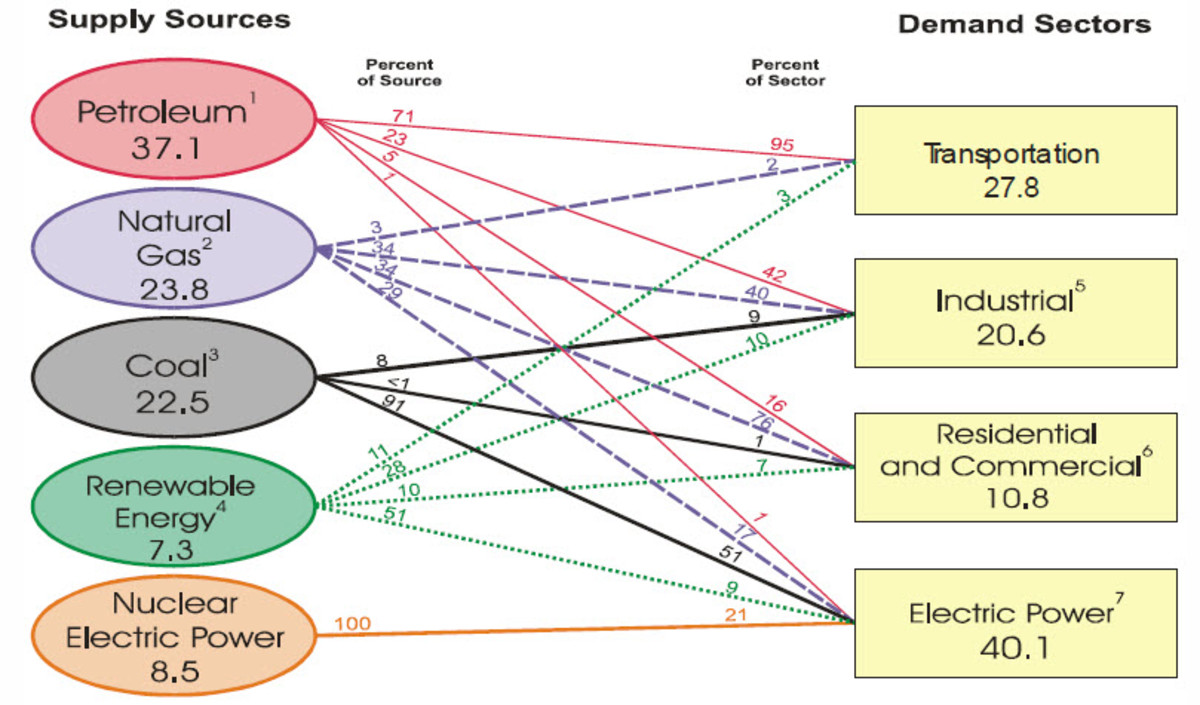The Human Race toward Immortality & Extinction
Modern understanding of the vastness of spacetime provides added perspective to philosophers’ long-pondered dilemma regarding the meaning and relative significance of human existence. Not only are our own lives fleeting & fragile, but so too are those of entire civilizations & species. And when the timeline is eternity, the same is true of planets & galaxies.
The evolutional journey from stardust to planet to the cellular level requires billions of years. Millions more to sentience & cognition. Thousands still before technological advances turn the existential ponderings of individuals into conversations with species-wide implication. Specifically, whether scientific & technological achievements are combined with reason, peace, and unity to maintain an existence in near-perpetuity, or simply serve to accelerate self-extermination.
As we careen down these dueling paths, fast approaching the crossroads, specific advancements similarly portend of both opportunity and unintended consequences given implementation.
For the vast majority of human history, only a lucky few saw the dawning of their fourth decade. We were hunted down by reptiles and big cats, so we tamed and teamed with wolves. We found man’s best friend in the canine, but eventually we got socialites with yapping rodent accessories in handbags – unintended consequences.
We used to toil our days away preparing food and garments in order to sustain our daily lives. We’ve now factories to mass produce products of convenience - from refrigerators, microwaves, and vehicles, to family packs of pork chops and loaves of pre-sliced bread. However, sodium preservatives, and tax subsidies resulting in overuse of corn syrup, are destroying are bodies. Our overuse of antibiotics is leading to the evolution of superbugs. Our manner of corporate farming saps the soil of nutrients rather than enrichment. Our overreliance upon pesticides is destroying the bee colonies which pollinate much of the food which sustains human life, is causing the evolution of super-weeds, and poisoning our drinking water. We’ve drastically over-fished our seas.
That’s just to feed ourselves. Water is another thing altogether. It has been said that you and I are drinking the same water as the dinosaurs. Planet earth has held the same amount of moisture throughout, variable is the form and cleanliness. Some water is found in underground aquifers, some is frozen in ice caps and on mountaintops, some is salinated in oceans and seas, some is within plants and animals. Water is only a problem if it’s not treated properly given the needs of growing populations. Unfortunately, rapidly increasing oceanic temperatures are bleaching coral reef habitats. We see islands of trash in oceans and urban waterways, and red tides suffocating sea life. We allow irresponsible municipalities to dump human waste into our waterways. We allow greedy manufacturing and fracking corporations to dump toxic and chemical waste into our waterways. We allow oil companies to spill crude.
Of course, multinational energy and manufacturing conglomerates are not only destroying the water we need to survive. They’re also privatizing the gains while socializing the losses by dumping pollution into the air we breathe. To be fair, we are all failing. When we purchase dollar store trinkets, we know that a single dollar could not possibly represent the cumulative value of mining of elements necessary for components of parts assembled by laborers and packaged then shipped across the globe.
Our products of convenience have made daily life much less physically difficult, but our increasing and overreliance upon them have the unintended consequence of hastening our collective self-destruction.
Eighty-five percent of Americans drive to work. We use plastic for everything (it’s in our toothpaste, for shit’s sake). We eat tons of cows that fart tons of carbon emissions. Human sprawl has led to deforestation. Population increases and emerging middle classes thirst for more and more cheap energy. Human activity is cooking our planet, possibly beyond its capacity to sustain human life at current levels.
While rapidly increasing temperatures are a grave threat, we must embrace opportunities in efforts to slow the trend. We’ve found ways to sequester carbon in algae plumes and soil. There are immediate job opportunities retrofitting buildings for energy efficiency; jobs constructing solar panels and wind & hydroelectric farms and connecting them to more efficient power grids. Thankfully, we have a humongous fusion reactor in the sky, and a moon pulling our tides. Short-term, we need advances in batteries for energy storage. Long-term, we require perfection of nuclear fusion (and the bending of spacetime).
Planet earth has survived numerous mass-extinctions. It’s been knocked off its axis by asteroids; it’s been at times covered with water, ice, and lava; it’s gone with or without an ozone layer; its atmosphere has been at times both mostly oxygen and mostly carbon. Our planet is resilient. Until the core cools, mother earth will bounce back from whatever malady it is forced to endure.
Humans are much more fragile.
We’ve killed each other throughout history in often senseless wars which included razing of cities and genocide. Thankfully, the rate of war has been in steady decline for thousands of years. Domestically, violent crime has been in recession for twenty years. While we’ve used technology to become much more efficient at killing each other (species-wide self-immolation has been a real threat for 75 years, or roughly one human lifetime); though displacement and famine resulting from climate change will strain the matter, and current news events can color our perspective - we’re actually getting much better at not killing each other.
Viruses, infection, and child-birth used to kill a great number of us. We discovered penicillin, vaccines, anesthesia, antibiotics… Our ancestors were dead and gone lone before our mid-life crises. While global pandemic is an ever-present threat (like asteroids), medical advancements will soon allow opportunities for pseudo-immortality. We are on the verge of designer babies. We can grow tissue without stem cells. Soon we’ll be growing replacement organs. All that we require to be immortal is our thoughts, our minds, the observer. We could conceivably store our brains in little stationary tanks whilst we live our lives via Avatar-like host-bodies with readily available replacement parts. Plus, we’re on the verge of having holodecks like Star Trek which would pose no outward physical threats to our fragile, carbon based units. Also, our memories can be uploaded onto artificially intelligent software which could retain a semblance of you ad infinitum.
The path forward is clear. Our actions, and those of our children and grandchildren, will determine whether human beings attain immortality while hop-scotching across the universe for eternity – or whether we destroy ourselves out of complacency and greed.








